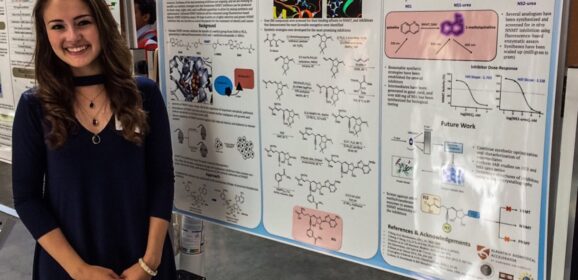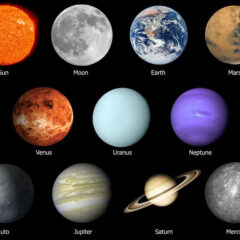Colorectal cancer incidence rising among younger generations
By Aphra Murray, Staff Writer With the Relay for Life here on the Gettysburg College campus quickly approaching on March 24-25, there has been an increase in fundraising events for the most prominent forms of cancer: breast, testicular and lung cancer. New research, however, suggests that younger generations should instead be more watchful for colon and rectal cancer, with studies showing an uptick in diagnoses increasing for every...
National Academy of Sciences endorses genome editing ‘with caution’
By Kayla Britt, MST Editor An expert panel from the National Academy of Sciences and Medicine issued a statement on Feb. 14 advocating for the use of gene editing in cells that could be used to create embryos specifically for therapeutic purposes. Although genome editing, typically using molecular “cutting” mechanisms like CRISPR/Cas9, is not currently ready to be used in humans, the technology could be up to speed in the not so...
Cancer treatment breakthrough due to a bacteria species
By Emma Gruner, Staff Writer In all of medical research, few fields have been plagued with as much frustration and angst as those involved with cancer. A disease that invades from the inside of the body outwards, cancer afflicts so many people but is still difficult and to treat. It often seems as if cancer evolved solely to thwart humanity’s greatest minds. Yet as our medical pioneers consistently show us, loopholes can always...
Scientists engineer first human-pig hybrid embryo
By Emma Gruner, Staff Writer The idea of a human-animal hybrid is one that usually generates a host of exotic, otherworldly images. Centaurs, mermaids, freakish mutants… all beings that one generally does not expect to encounter outside of fantasy and science fiction. In actuality, though, these hybrids may be closer to becoming a reality than previously thought. On January 26, a team of researchers at Salk Institute, led by...
Harry Potter meets science: scientists name crab after Harry Potter character
By Aphra Murray, Staff Writer In the depths of the waters of Guam, scientists had discovered a translucent crab, where it has remained relatively unknown for the past sixteen years. In early 2001, an up and coming researcher named Harry Conley was scuba diving when he found this pale crab burrowed deep in reef rocks. It was on this trip that he brought two of these tiny specimens, both roughly a few millimeters across, back to a...
Scientists discover seven planets that could harbor life
By Emma Gruner, Staff Writer For practically all of human history, the realm of outer space has captivated our collective imagination, likely because it lies beyond it. The vast sizes and distances that our galaxy – nay, our universe – involves the array of places, objects, and phenomena unlike anything we ourselves have ever laid eyes on. It all tests the limits of our comprehension, and in doing so, it fascinates us all the more....








